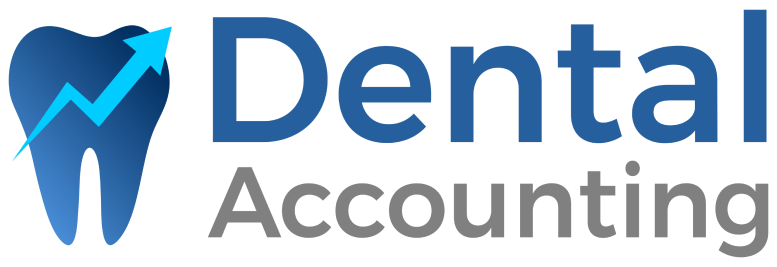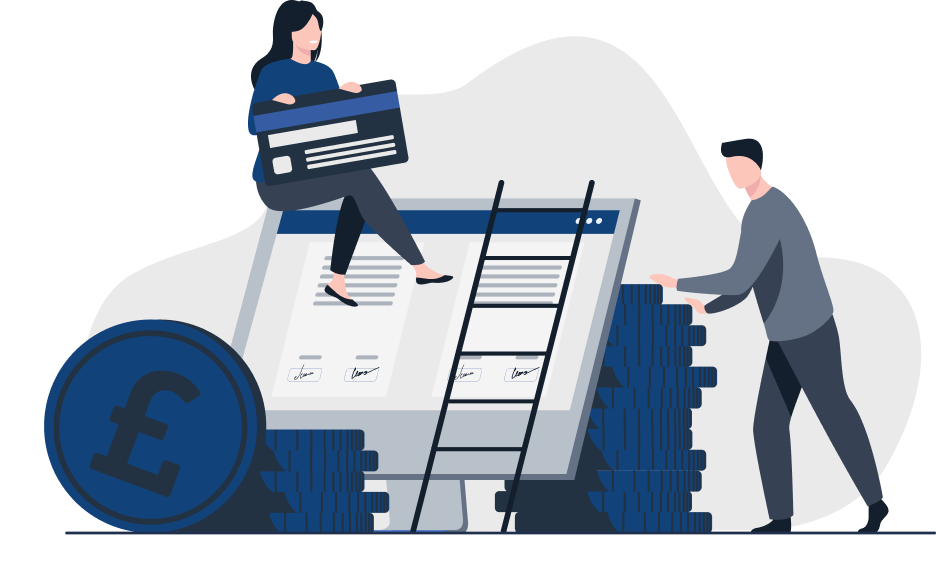Why should I claim business expenses?
If you run your own business (e.g. self-employed, sole trader or company), then it’s useful to understand what business expenditure you can claim for as allowable expenses.
Recording your expenses allows you to:
- Understand the financial health of your business more accurately.
- Reduce your tax bill.
Will I get my expenses back from HMRC?
This is a really common question, but sadly the answer is no! ‘Claiming’ expenses does make it sound like you’ll be reimbursed for what you spend – but this is not the case.
Instead, you deduct your expenses from your business income to reduce the amount of profit.
Your tax bill is worked out based on your profits, so including everything you spend money on shows your actual profit, which mean you will pay less tax.
Common business expenses
Different types of business will have different types of expenditure.
The good news is that most business expenditure is allowable, so you can claim for it on your tax return. Even expenses you have incurred personally for the business are generally allowable too.
The list might include:
- Repairs and renewals. This can include repairs to equipment, or renewals of IT or dental equipment.
- Admin costs can include mobile and internet costs.
- Advertising and marketing costs.
- All your business insurances.
- Membership and subscriptions fees, such as GDC and CPD.
- Motor expenses: The cost and running of your vehicle, or a mileage allowance instead.
- Staff costs and wages.
- Work clothing.
- Professional fees, such as accountancy and some legal fees.
- And more!
Expense claims that cause confusion
Some types of expenses seem more confusing than others, so we’ll try to answer some of the most frequently asked expense questions.
Motor expenses:
If you have a commercial vehicle then you can normally claim the whole purchase price, as well as all the running costs.
If you have a car and it’s not solely used for business, then it’s a bit different.
* If you’re a sole trader or self-employed, you will need to apply a private use percentage so that you don’t claim for the proportion of the costs which relate to personal use.
* If you have a company then it’s usually better to own the car personally, and then charge business mileage to the company.
Using your home as an office:
There are a few ways to claim expenses if you use your home as an office. You can choose to claim the basic HMRC allowance, or you can apportion your household costs according to the floor area the home office takes up.
Work clothing:
As a general rule you can’t claim expenses for work clothing if it can be worn outside of work.
This means that you’re usually only able to claim for clothes if they’re part of a uniform, or necessary for personal protection.
Training costs:
You can claim training costs as an expense if it’s to top up your skills. Training to qualify for something or to gain new skills is not allowable.
However, if you have employees that are training to qualify for skills relevant to your business then this is allowable.
Travel and subsistence expenses:
Travel and subsistence costs, such as train fares, food, and hotel costs are generally only allowable if you are not commuting to a permanent place of work.
This area can get complex so please speak to an Dental Accountant for more details.
Entertaining:
Entertaining employees can be allowable for expenses, but with certain restrictions. Entertaining clients is not.
You might find that it’s still beneficial for your business to pay for client entertaining costs though, even if they’re not allowable for tax purposes.
Looking for help with your Expenses?
If you have any further questions simply phone us on 020 4577 1565 and one of our friendly Dental Accountants will be happy to help.
Contact Dental Accounting today to access expert accounting and tax services. Feel free to reach out with any inquiries or concerns you may have. At Dental Accounting, we are dedicated to providing assistance and guidance, and a commitment to providing true financial value to you.
Disclaimer: The content is provided for informational purposes only and maybe referenced from external publications.


